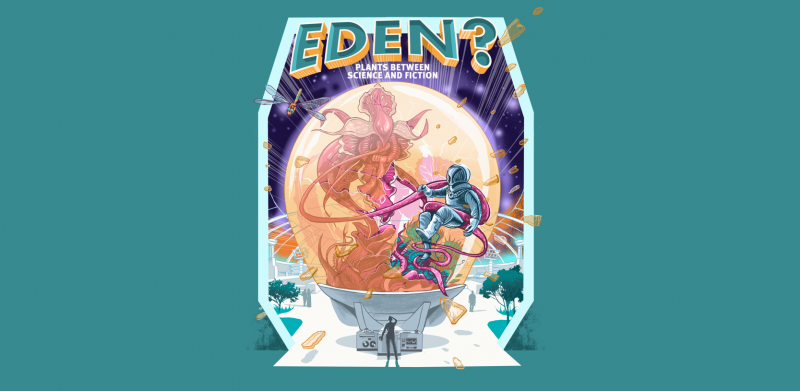
by bartmann | Apr 4, 2024
Attend In Person OR Online Plants create the atmosphere we need to breathe and vastly outnumber us. Science fiction films and literature imagine what would happen if they took advantage of that. What if trees went after us, or Venus Flytraps developed a taste for...
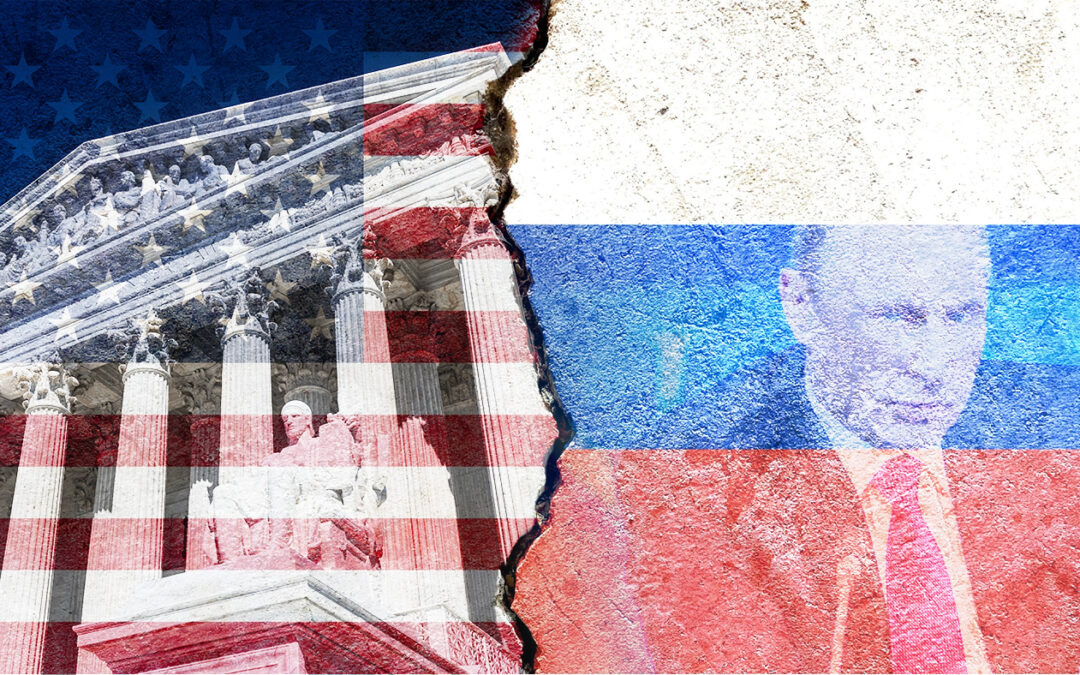
by bartmann | Apr 4, 2024
NEW! HSP Deep Dive Seminar The purpose of this course is to analyze critically the traditional and often hidebound ways we think about democracies and other political systems. We do so by looking at the challenges confronting the Russian Federation and the United...

by bartmann | Apr 4, 2024
Attend In Person OR Online Haydn’s Creation is considered one of his greatest achievements and is undoubtedly a masterwork of the choral/orchestral oratorio tradition. The original English libretto is shrouded in mystery and Haydn needed it translated into German for...
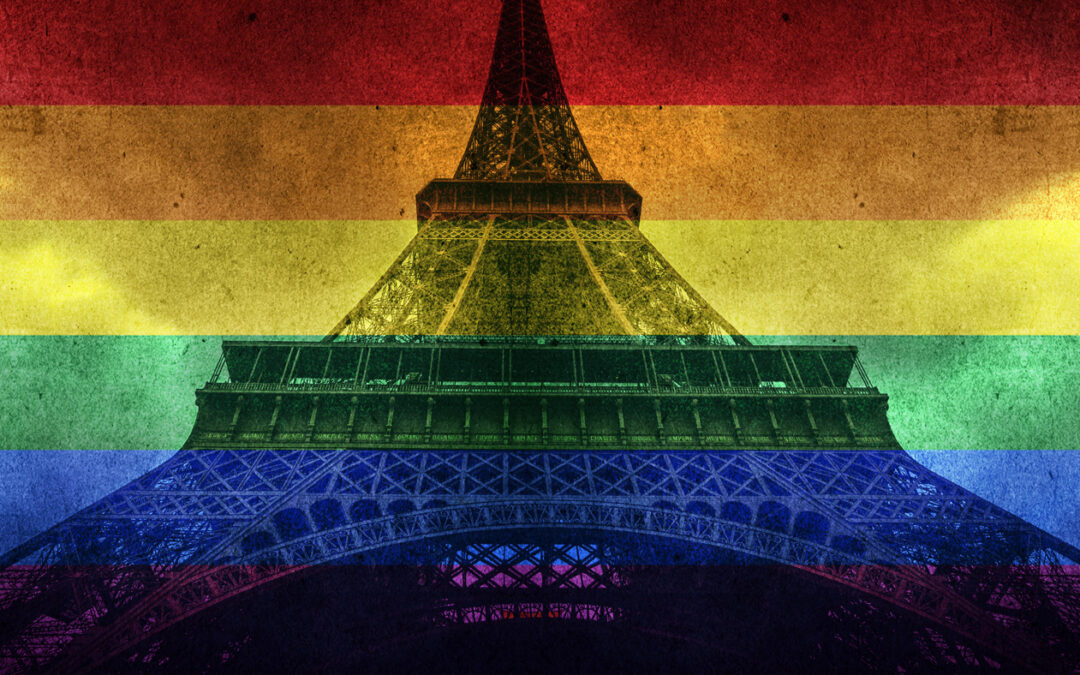
by bartmann | Apr 4, 2024
Course Cancelled We regret to say that this course must be canceled and apologize for any inconvenience caused. We will explore the life and work of queer novelist Abdellah Taïa who has built his life and literary career between his homeland of Morocco and his adopted...

by bartmann | Apr 4, 2024
Attend In Person OR Online Astronomy has seen tremendous progress in the past century. Large telescopes on the ground and in space now give us views of the universe across the electromagnetic spectrum. Powerful computers can handle exponentially increasing volumes of...
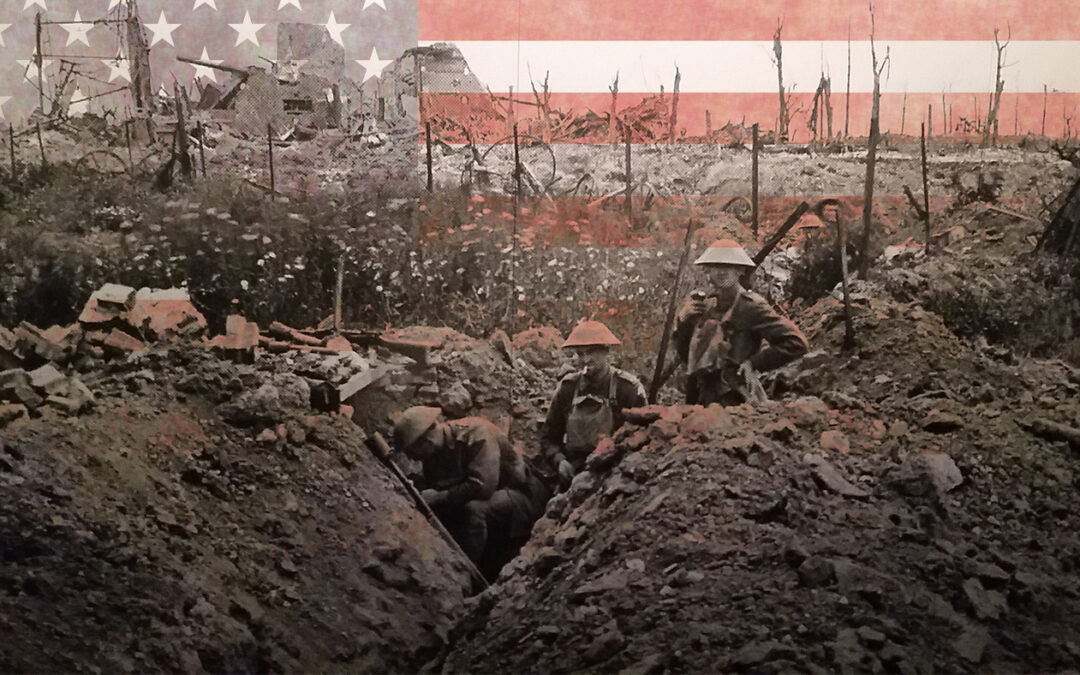
by bartmann | Apr 4, 2024
Attend In Person OR Online In this course, we will cover the causes of WWI and the role of the United States in the conflict. The course will begin with the primary focus on the war itself. We will explore what was occurring on the U.S. home front. Next, we will spend...
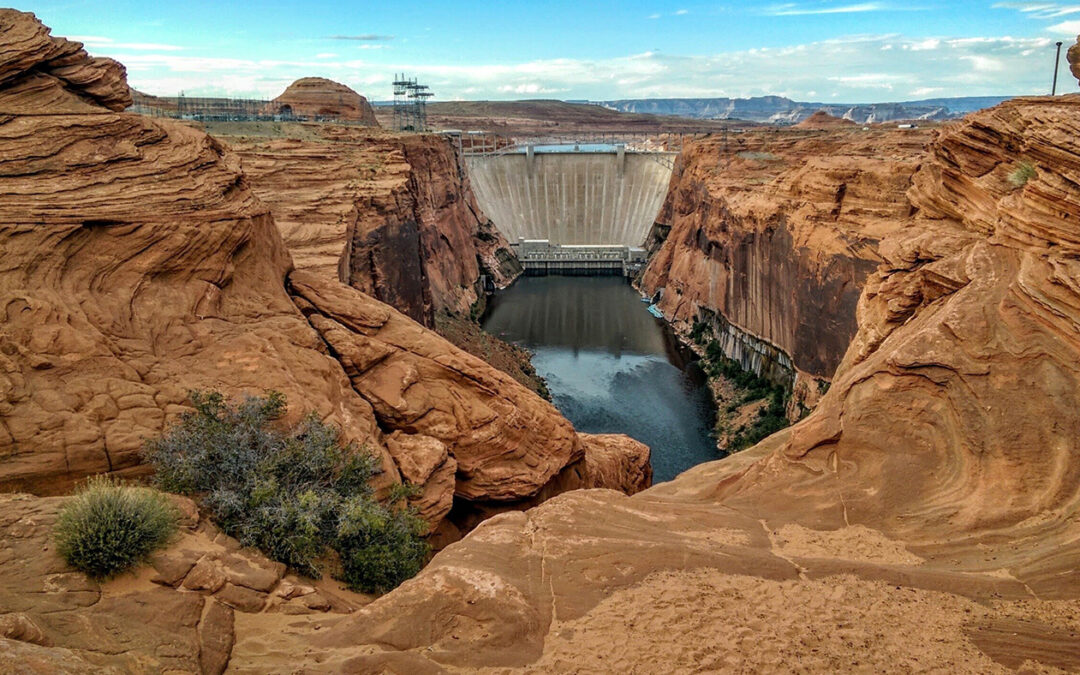
by bartmann | Apr 4, 2024
Attend In Person OR Online The Colorado River starts in a high mountain meadow, flows through forests and canyons, and past tribal nations. The river now generates power and is diverted to farms and cities — and no longer reaches the sea. How did we get here?...
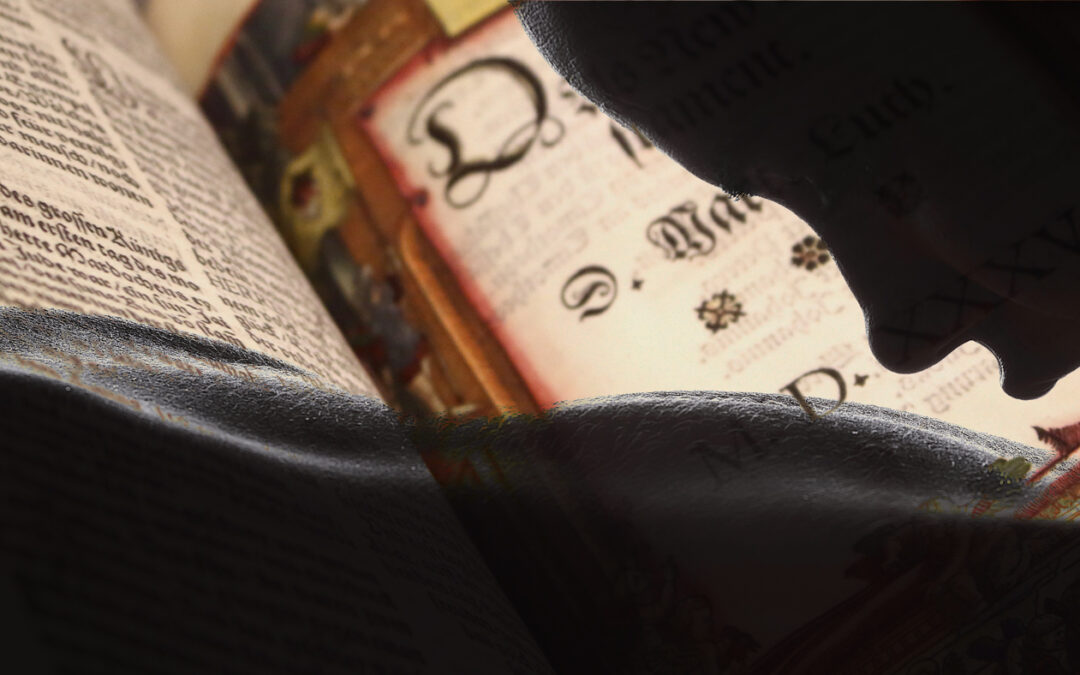
by bartmann | Apr 4, 2024
Course Cancelled We regret to say that this course must be cancelled and apologize for any inconvenience caused. We are currently working with Professor Classen to secure a future HSP course for those interested in the topic of Medieval German poetry. Many people know...
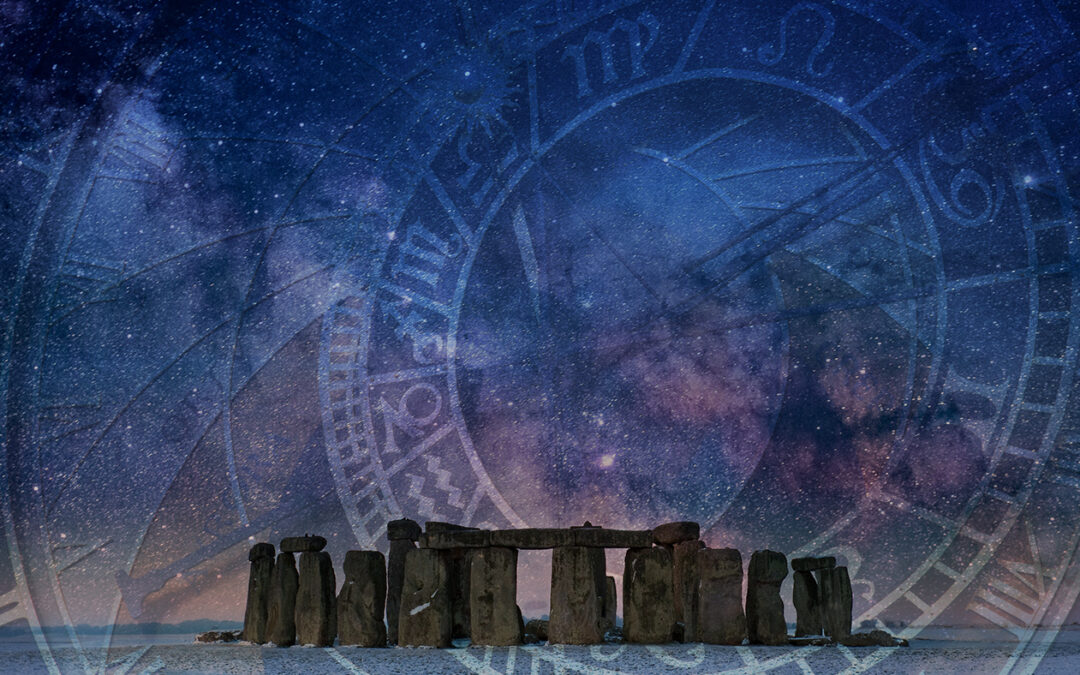
by bartmann | Apr 4, 2024
Attend In Person OR Online This seminar examines the intersection of astronomy and the arts by studying astronomical ideas as they occur in works of art, literature, and music. Participants will experience a diverse assortment of cultural works from different periods,...
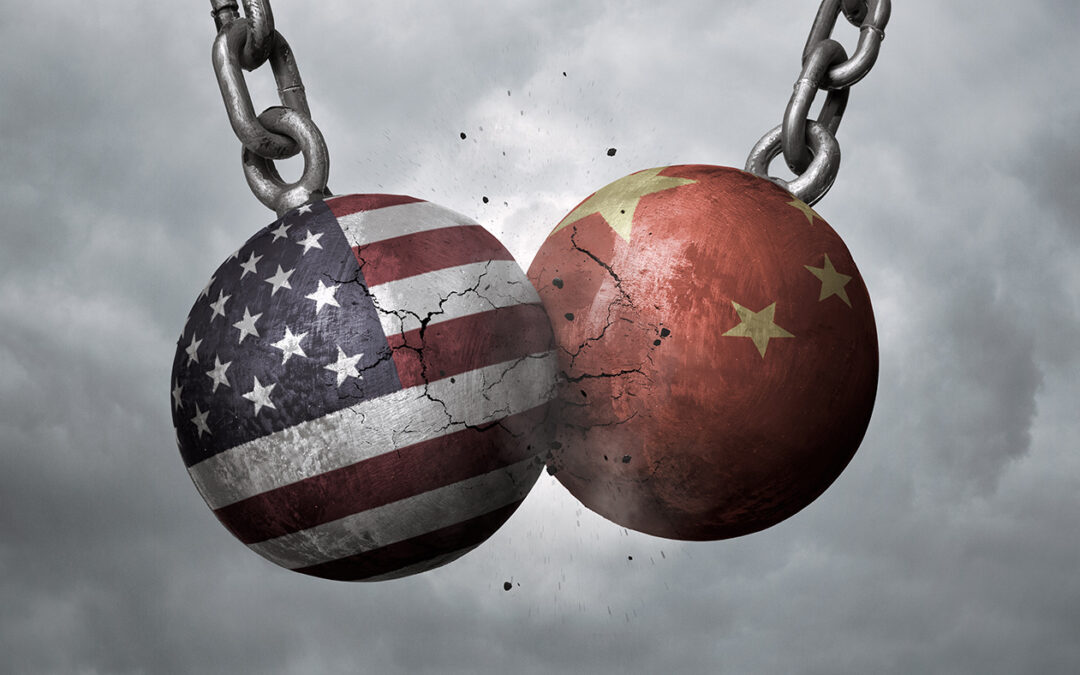
by bartmann | Apr 4, 2024
Attend In Person OR Online There is no more critical issue facing the U.S. and its allies in 2022 than the U.S. relationship with China. How this relationship evolves is so vital to America’s wellbeing that it is fair to say it eclipses or goes hand-in-hand with...
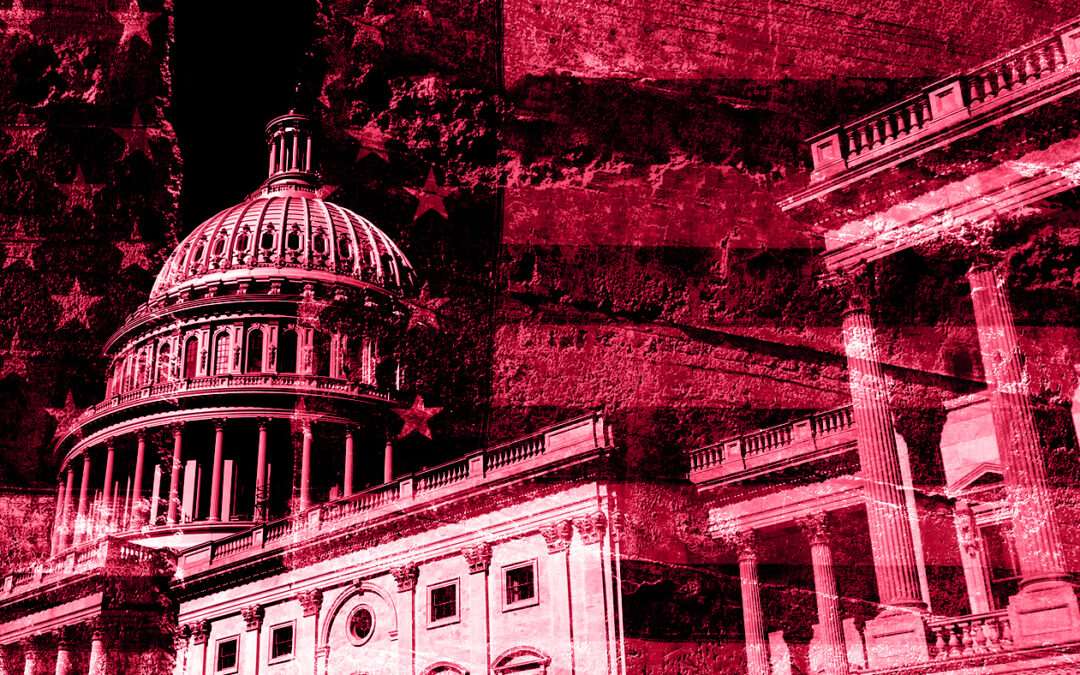
by bartmann | Apr 4, 2024
Attend In Person OR Online The decade of the 1970s represented a turning point in US politics, which shifted in a rightward direction toward free market economics at the domestic level, combined with more militaristic and interventionist policies overseas. The course...
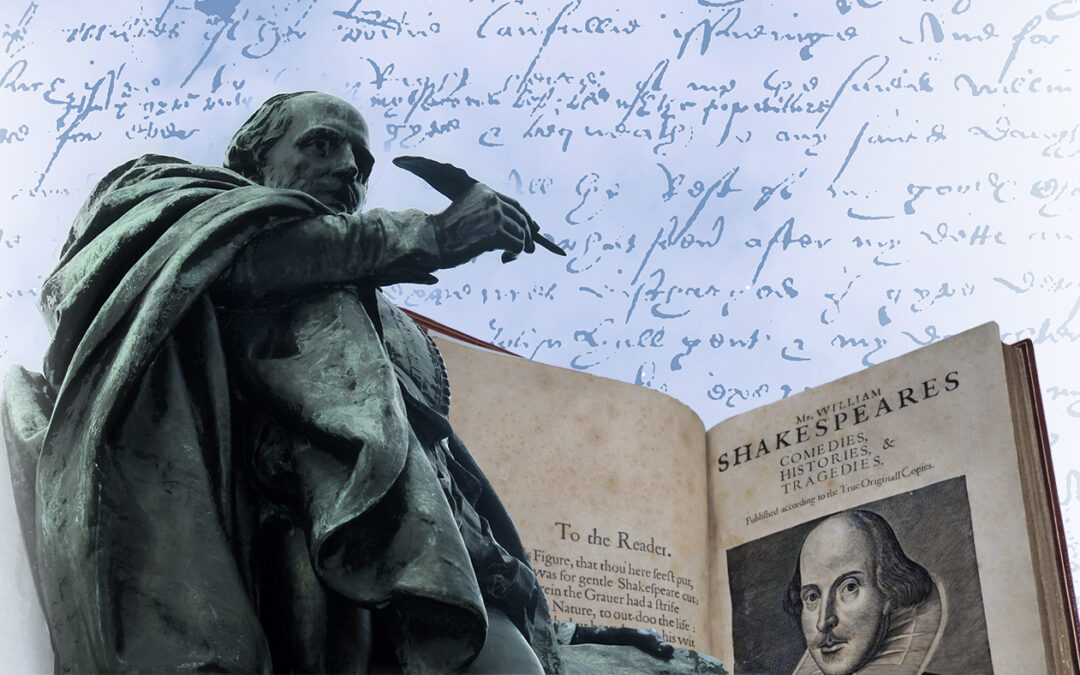
by bartmann | Apr 4, 2024
Attend In Person OR Online This seminar will explore the enduring relevance of Shakespeare’s drama, extending from love to politics, to human fate. To mark the 400th anniversary of the First Folio, we shall study six of the plays in their genres: comedy,...

by bartmann | Apr 4, 2024
NEW! HSP Deep Dive Seminar Humans use language not just to communicate information but also to indicate identity, that is, the “self versus other” or “us versus them” distinction. Judges 12:6 describes how the pronunciation of the Hebrew word shibboleth was used by...
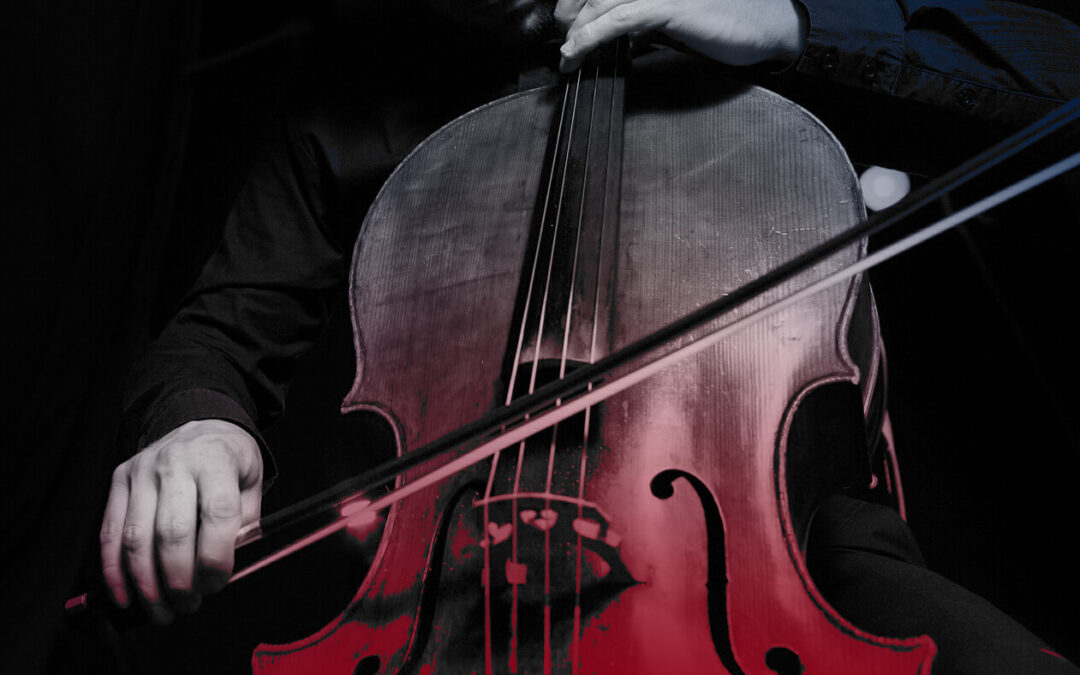
by bartmann | Apr 4, 2024
Attend In Person OR Online This four-week course will explore the cello’s magnum opus, J. S. Bach’s Six Suites for Solo Cello. Through these six masterpieces we will discuss Bach’s life in the 1720s, analyze the compositional ingenuity, examine Baroque musical...
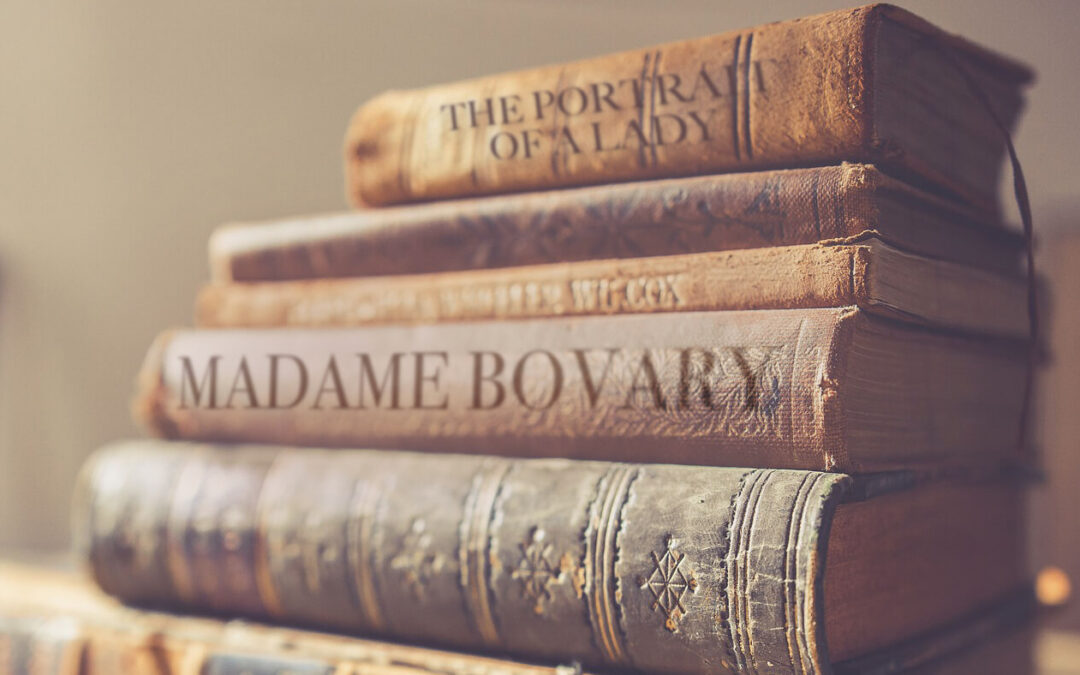
by bartmann | Apr 4, 2024
Attend In Person OR Online Madame Bovary and The Portrait of a Lady invite discussion and comparison. Each centers on a remarkable heroine who dares to seek independence even at the risk of violating social norms. The plots conform to the pattern of the standard...

by bartmann | Apr 4, 2024
Attend In Person OR Online It is for good reason that China is often called a land of poetry. As the longest continuous form of creative writing in the country, poetry has been a defining feature in the life of China’s elite, from their participation in the civil...

by bartmann | Apr 4, 2024
Attend In Person OR Online The course investigates the ecology of war in the later nineteenth and early twentieth century to determine its impact on post-war perception, avant-garde art and architecture, and conceptions of place and memory. The primary focus will be...

by bartmann | Apr 4, 2024
This exciting seminar will look into the history of literature through the lens of the Middle Ages. We constantly encounter medieval masterpieces that continue to influence literature today. These works are robust and often express fundamental human concerns, values,...
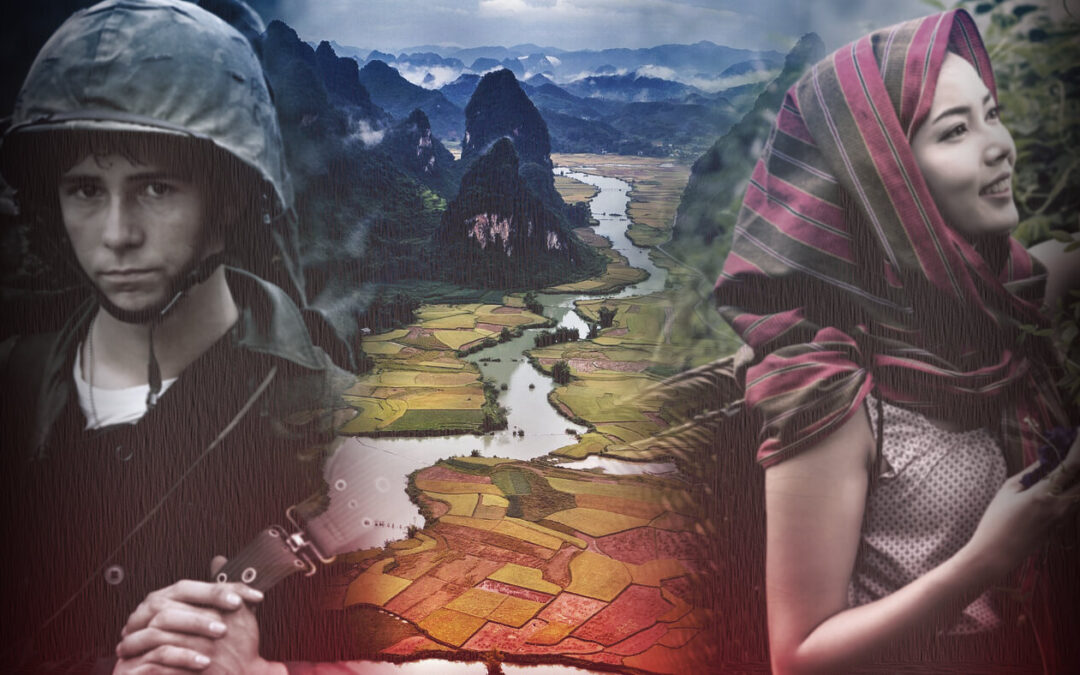
by bartmann | Apr 4, 2024
We will look back over the half-century since the U.S. withdrawal from Vietnam to consider its impact on three groups: the veterans who fought there, the Vietnamese people who fled to the U.S., and those who were radicalized by the war on the left and right. The...
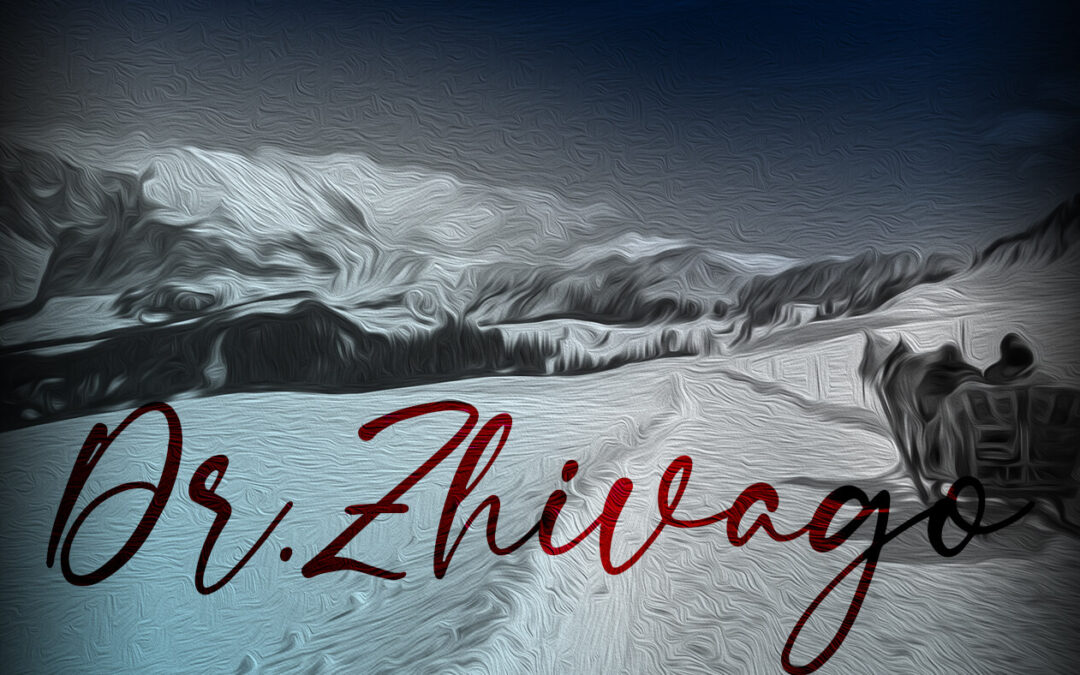
by bartmann | Apr 4, 2024
Russia has never gotten Pasternak’s Dr. Zhivago out of its system. This course will take us deep into the most controversial novel written during the Soviet era. Tolstoyan in its sweep, Dr. Zhivago is a stunning indictment of the system that attempted to...





















